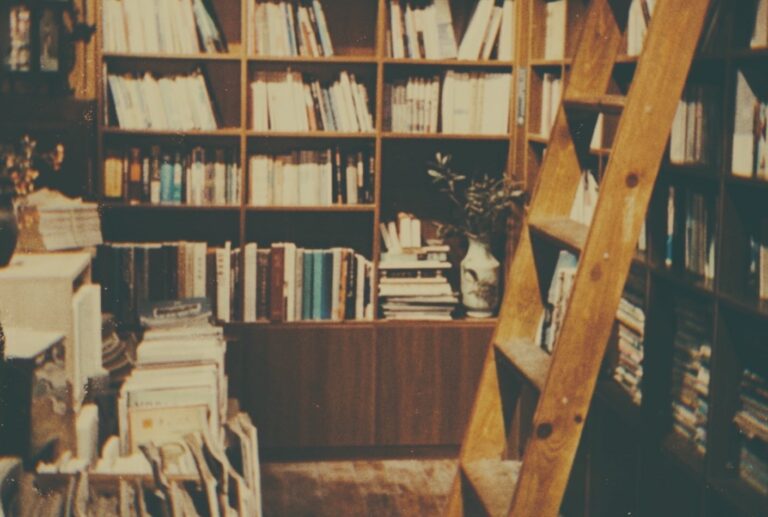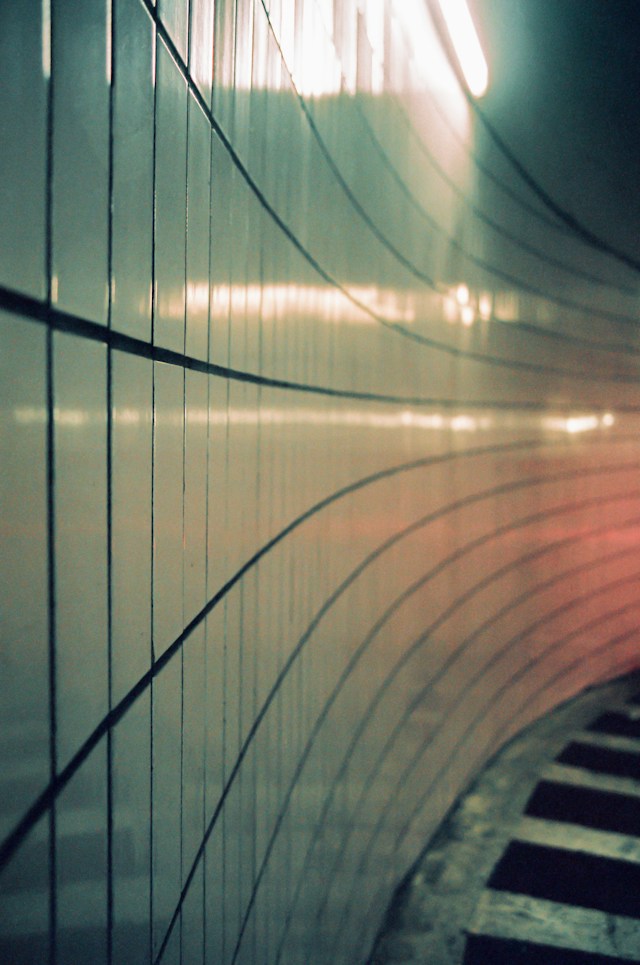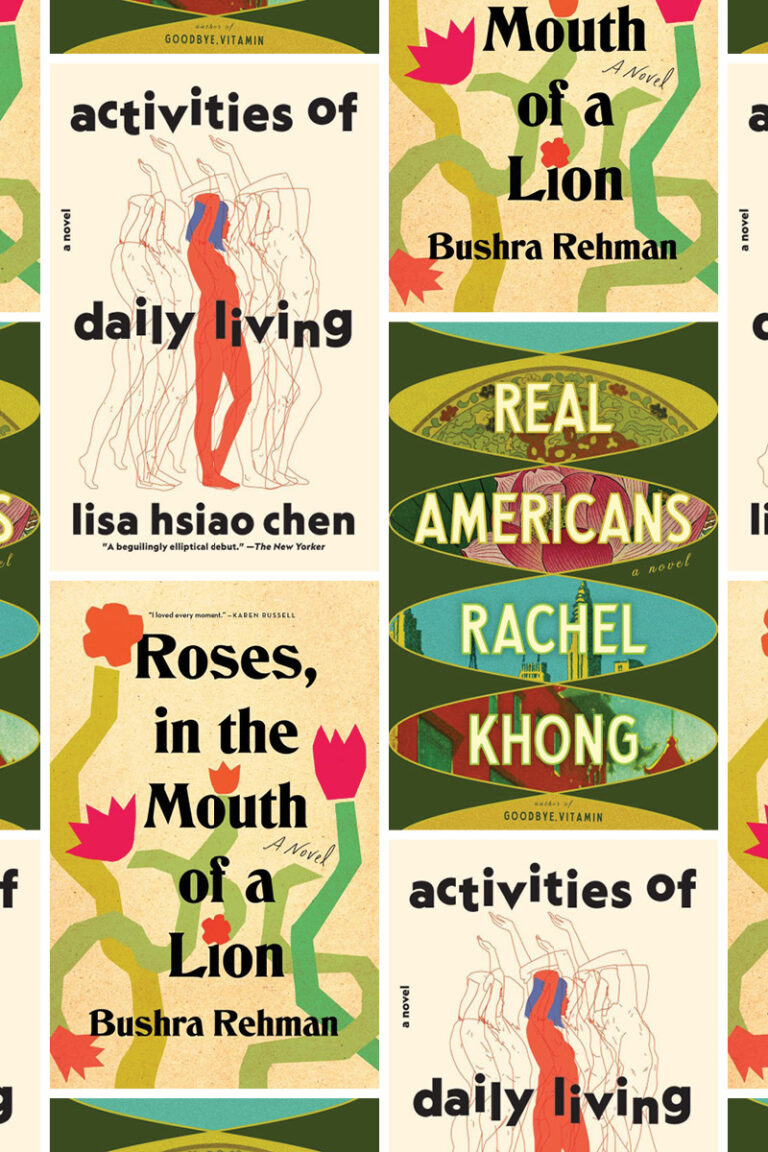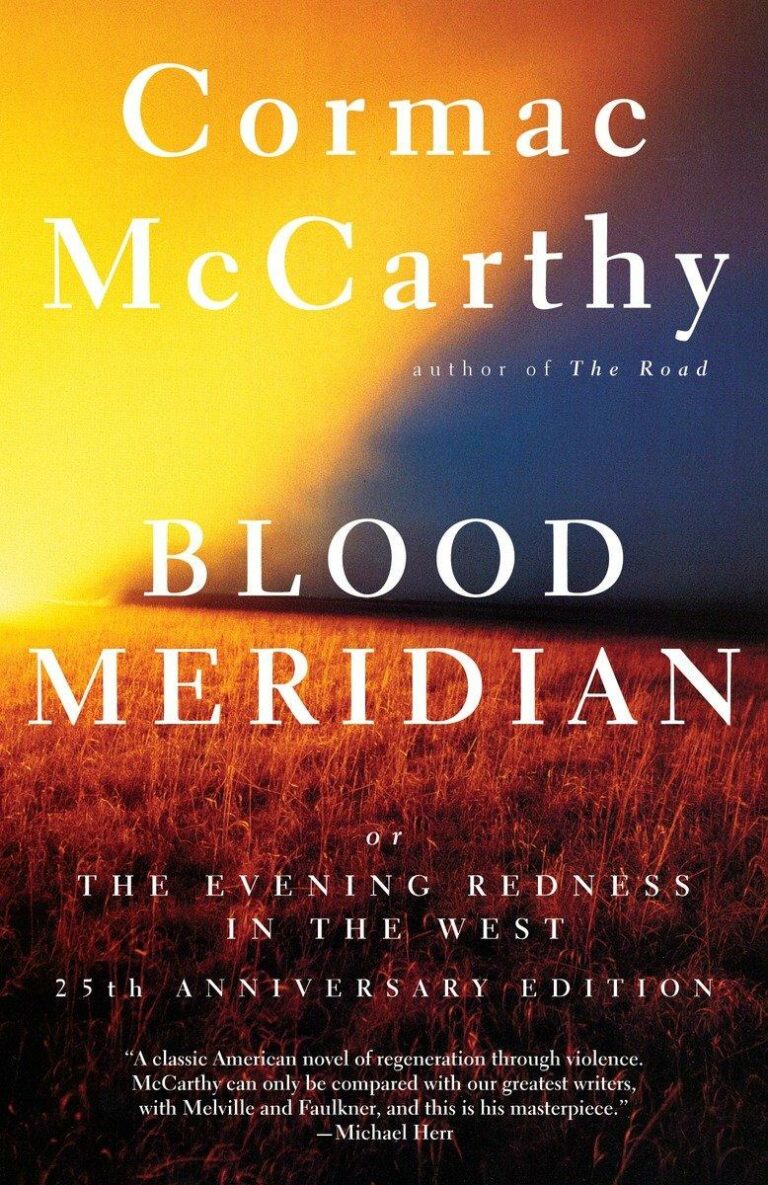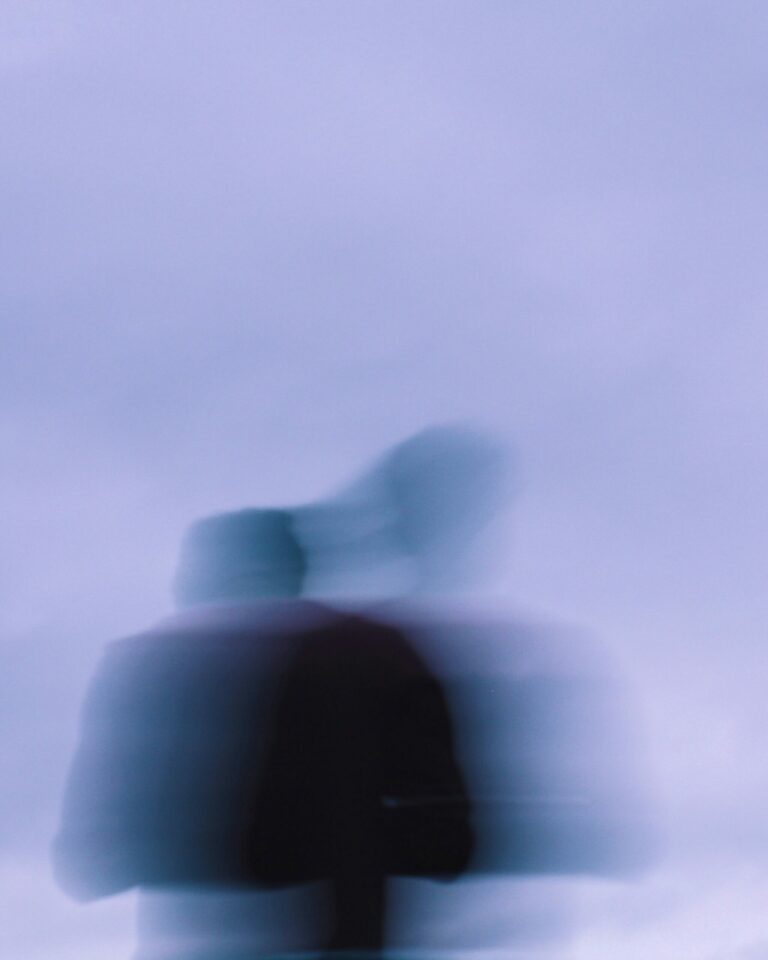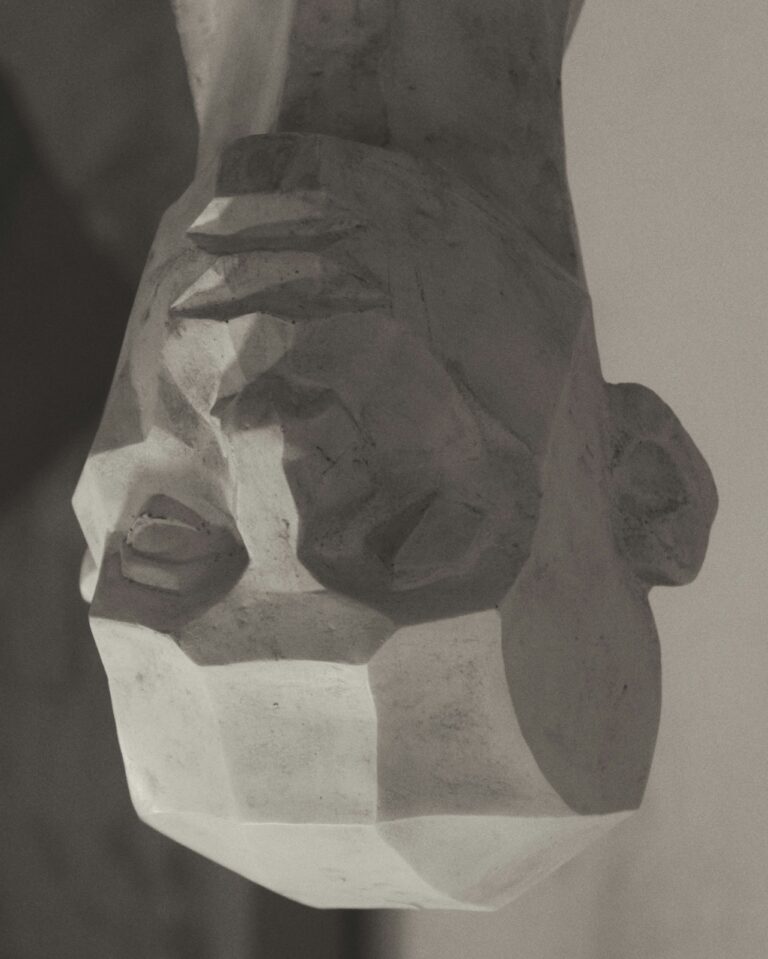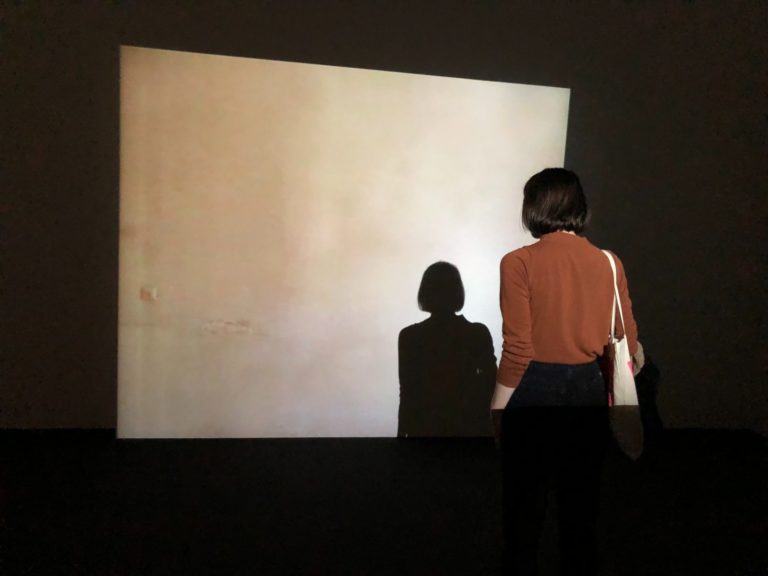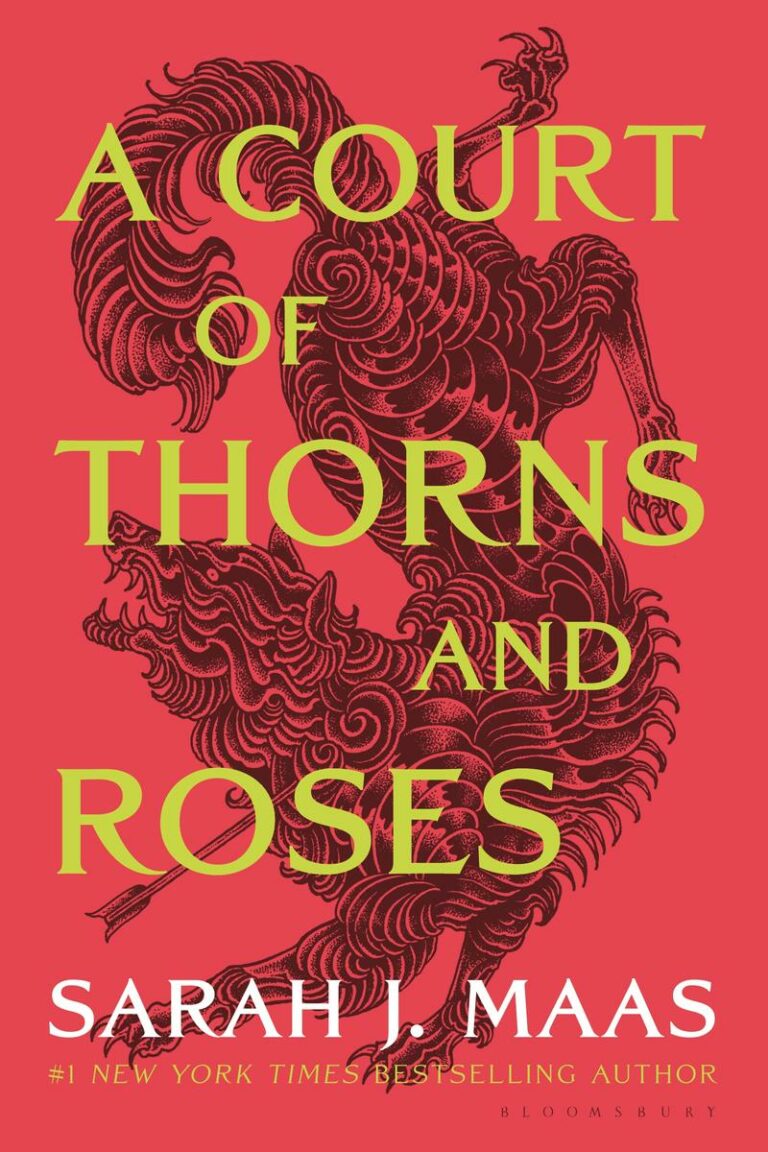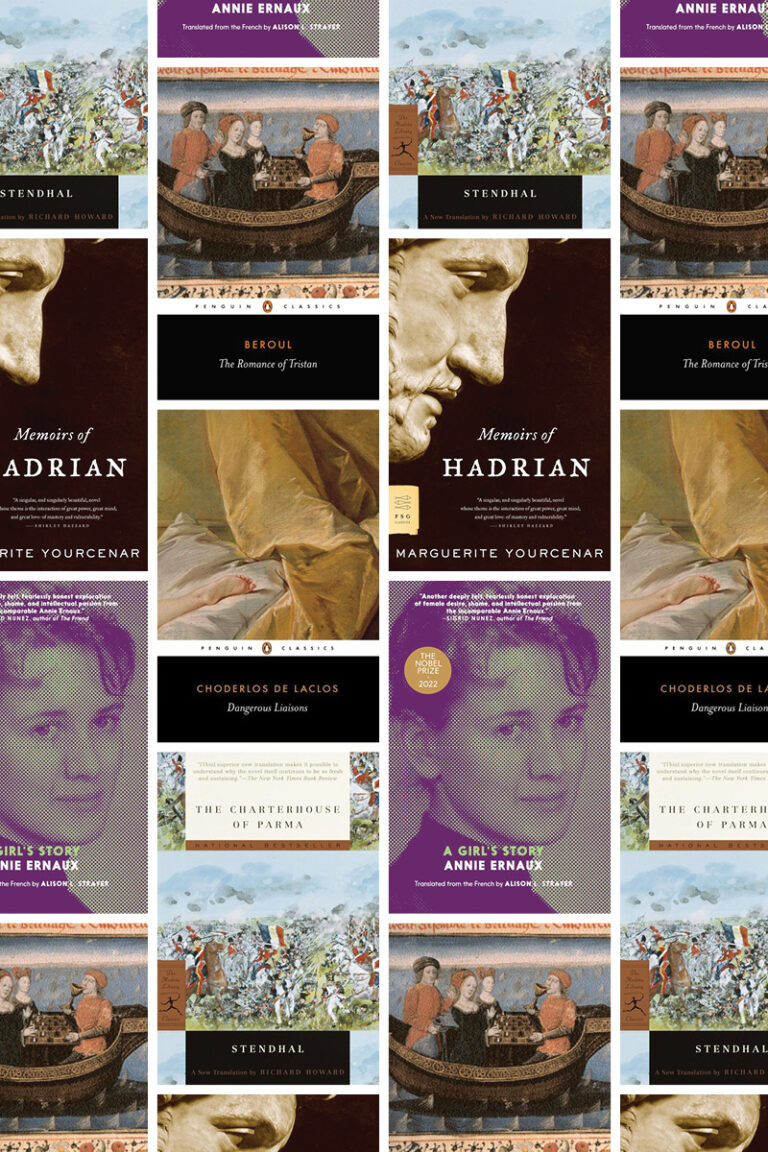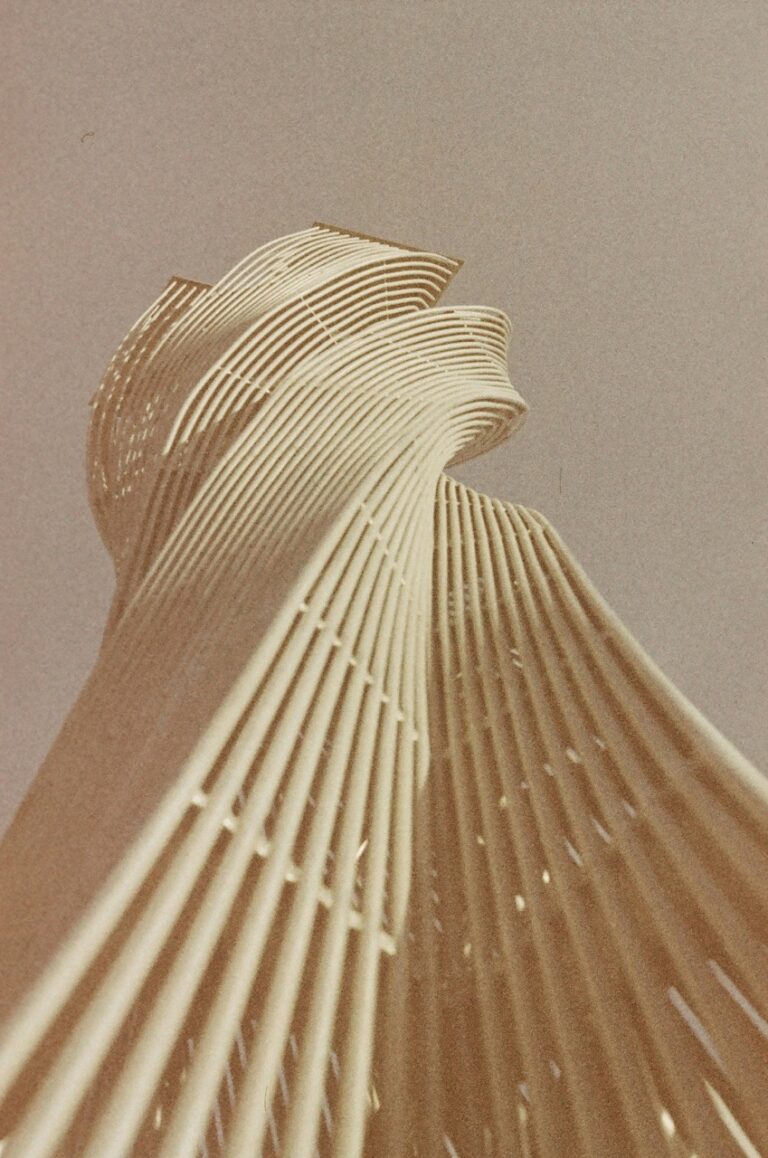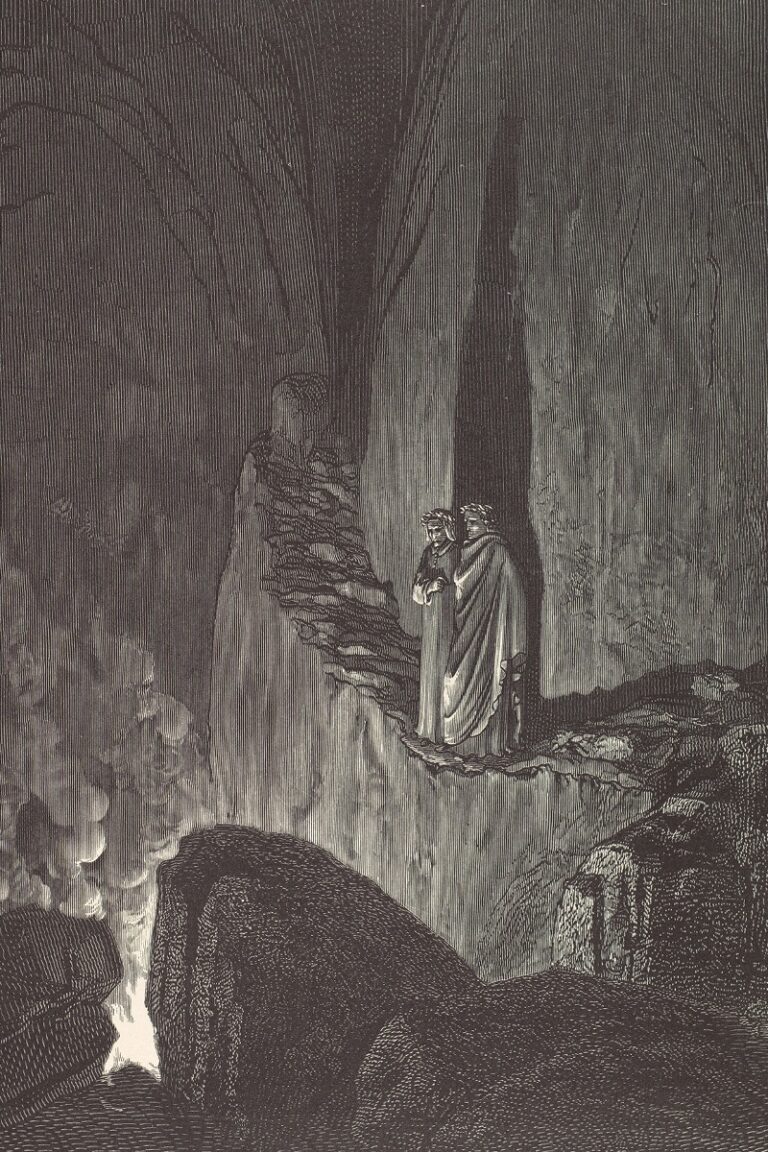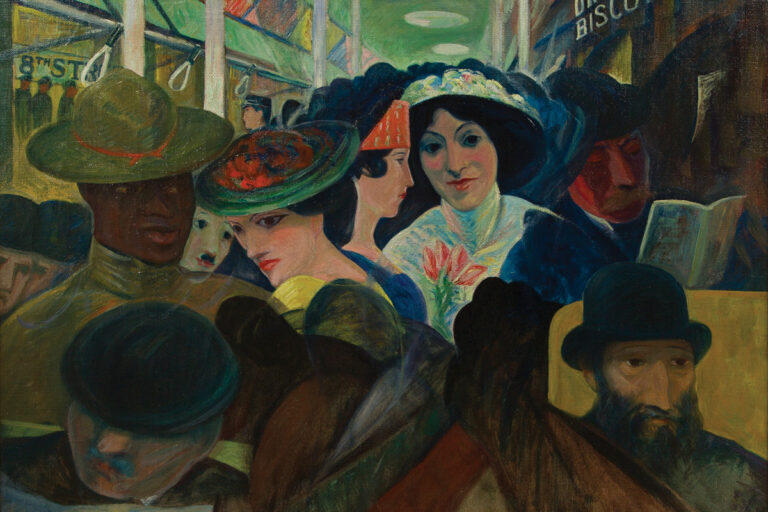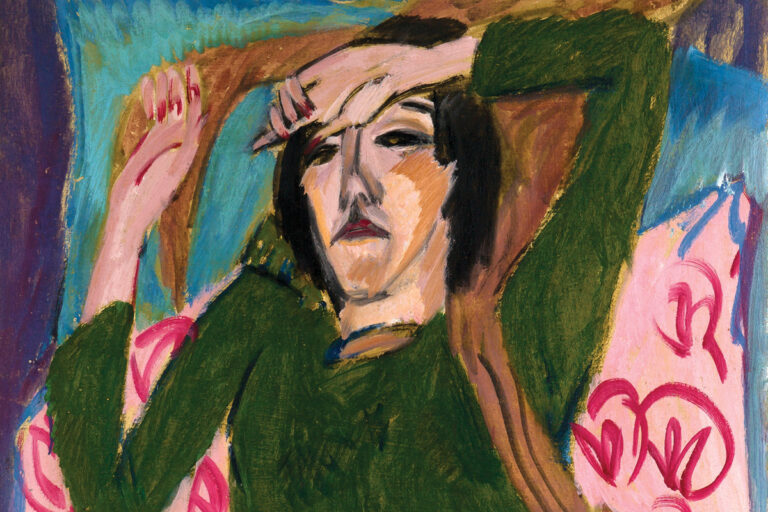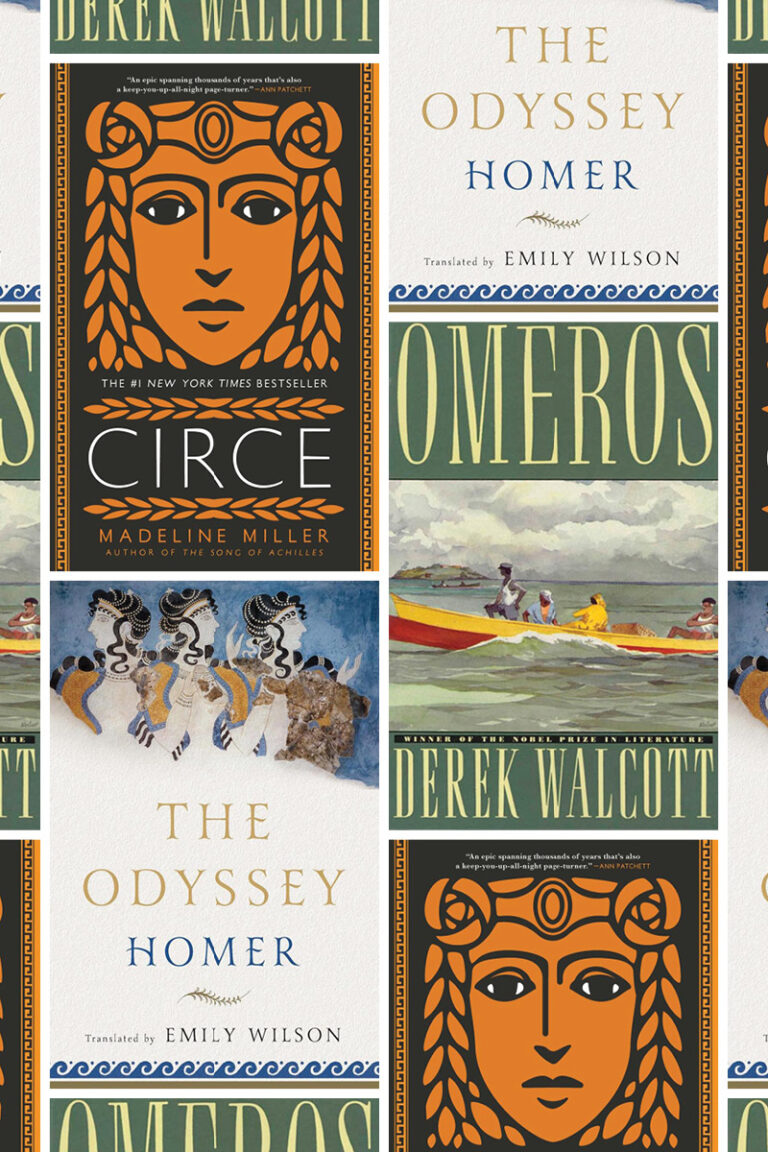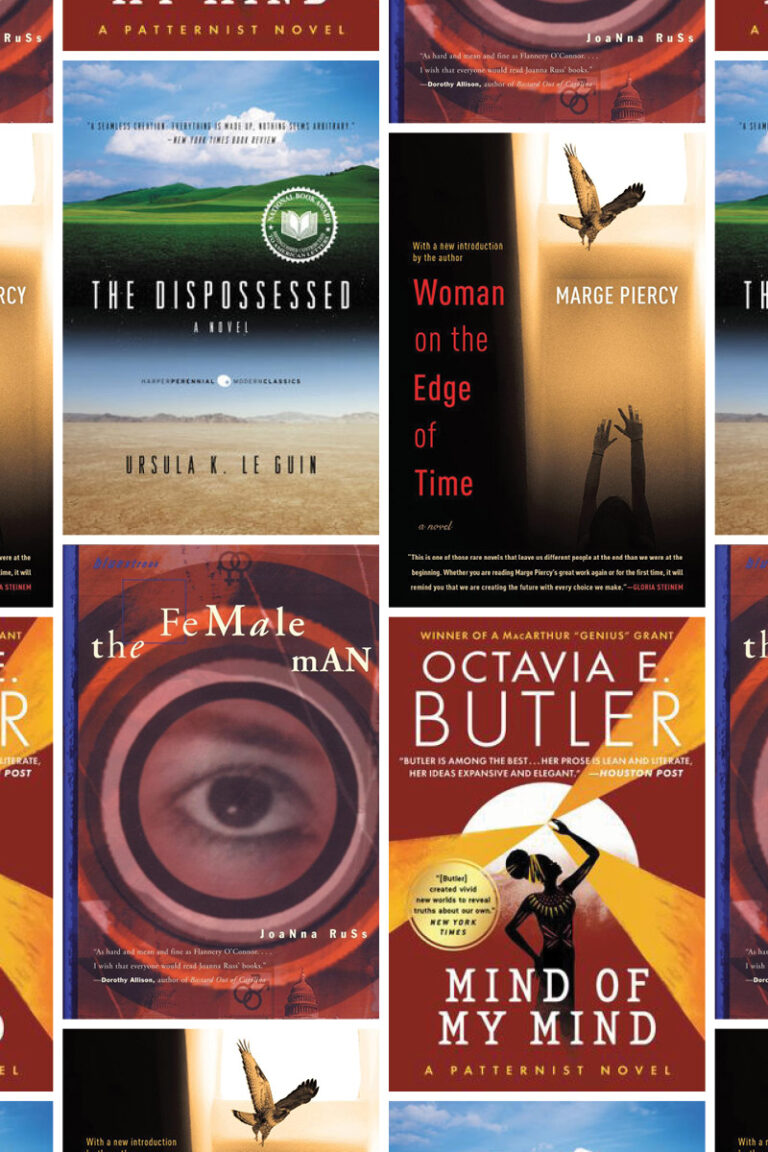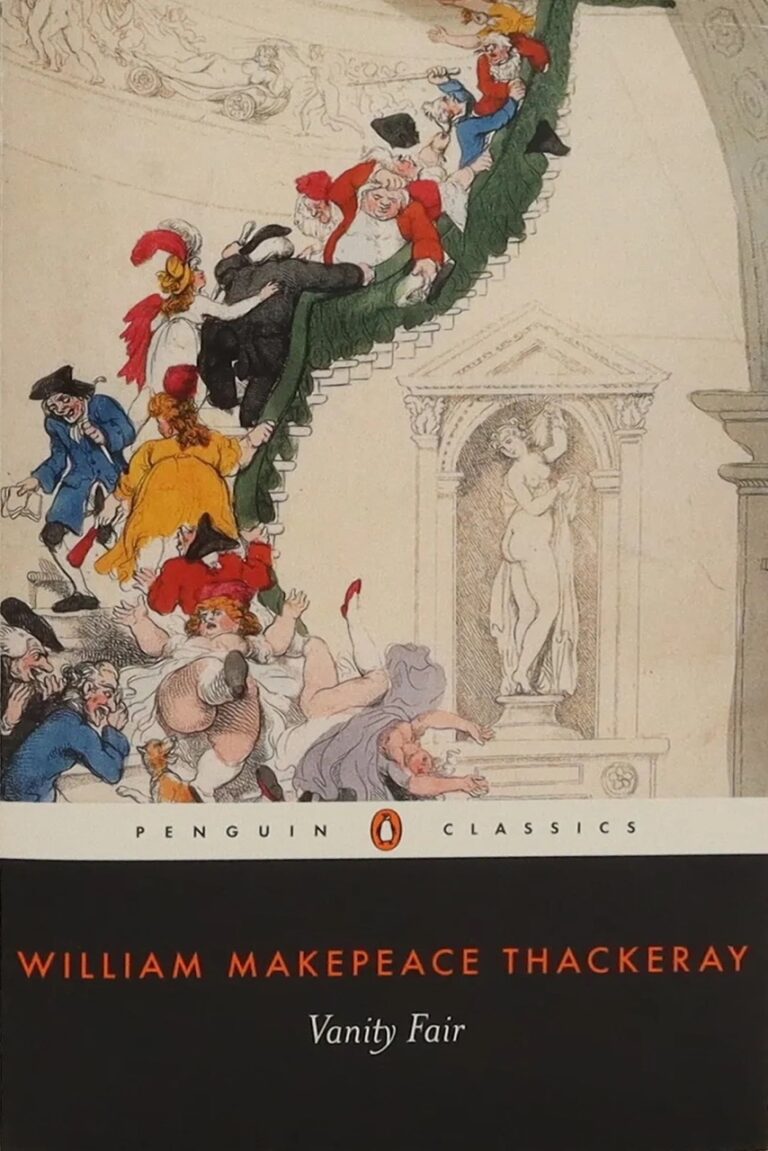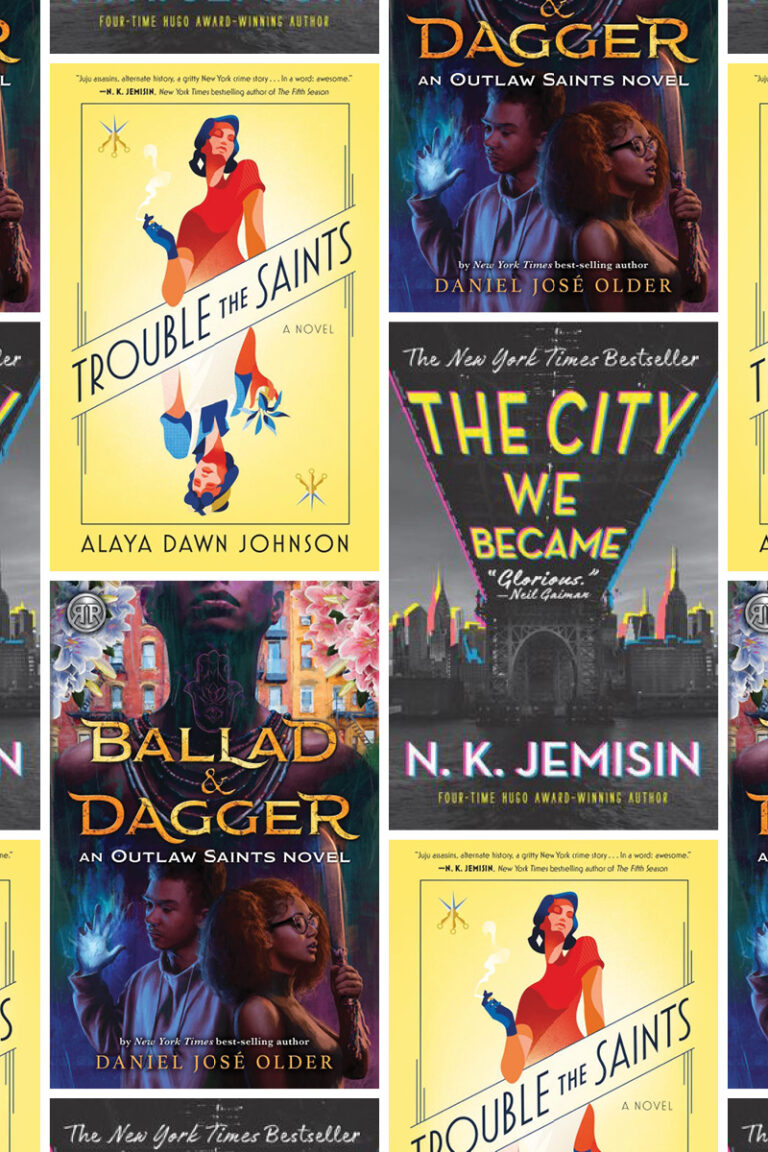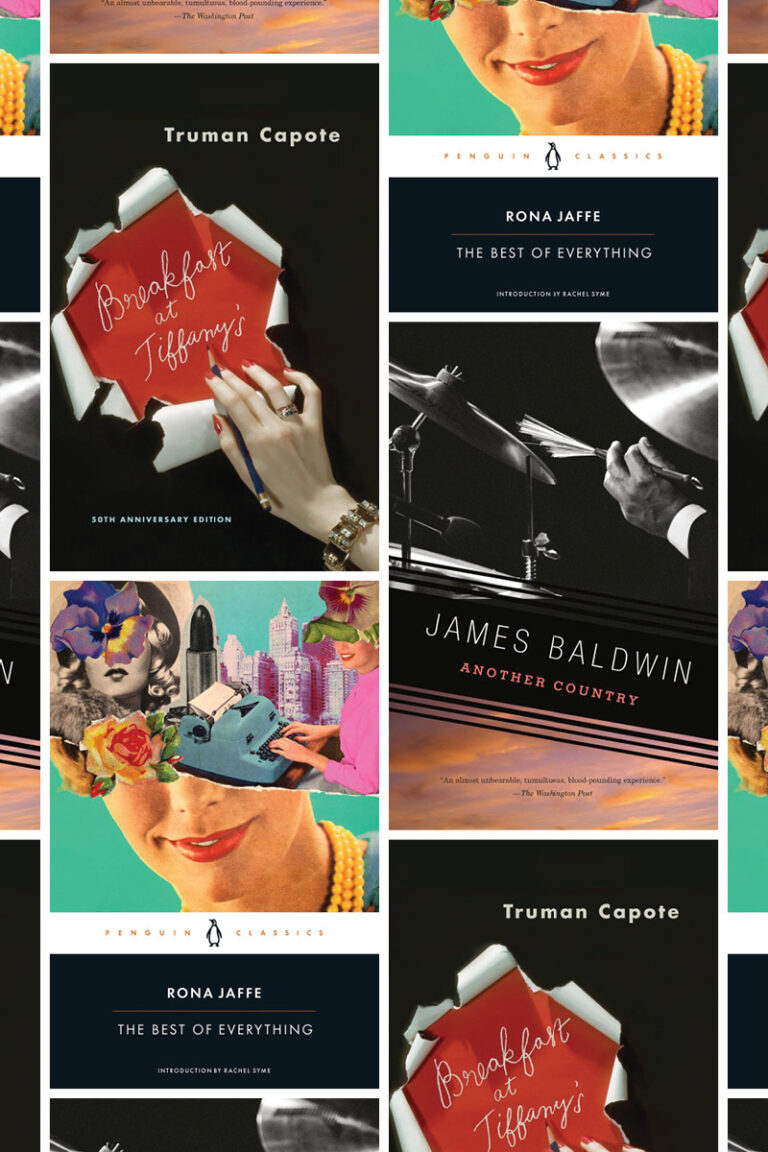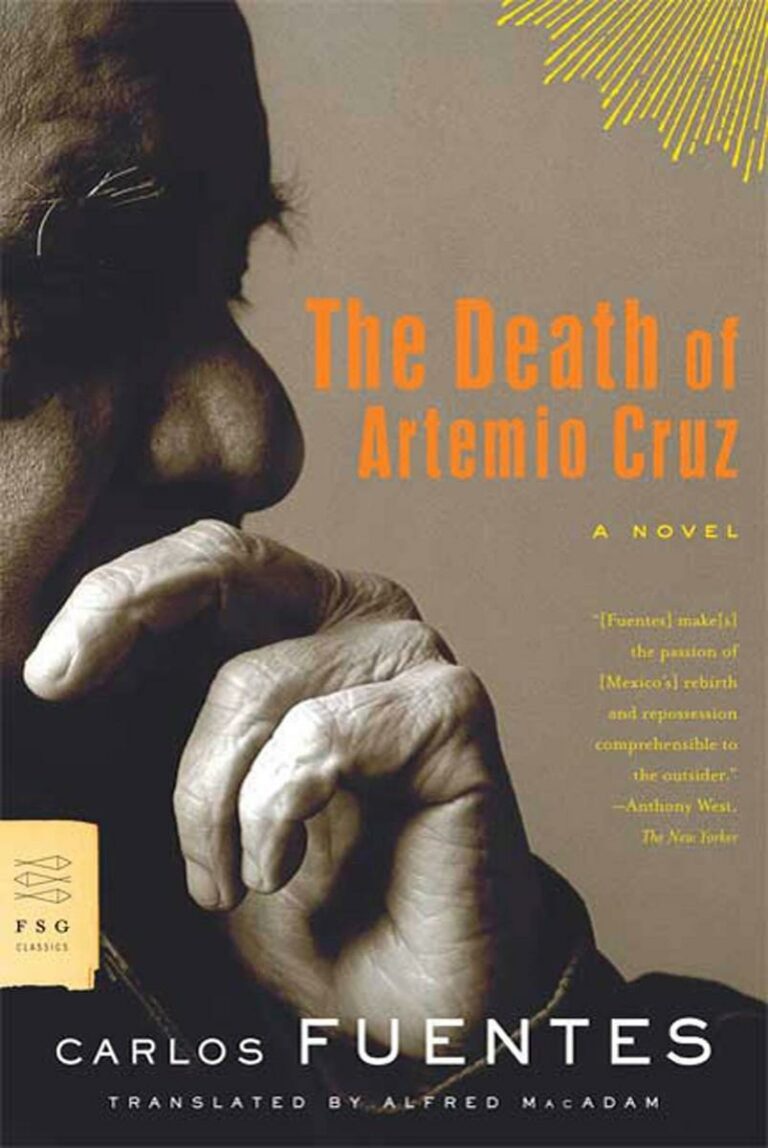$125
1 Session
Out of stock
Saturday, 11:30 am EDT - 4:00 pm EDT April 15, 2023
Online via Zoom
This workshop has reached its capacity. To join the waitlist, please email Randy Winston at [email protected].
In many ways, our reality has never been more surreal, strange, or dystopian. Technology keeps getting ahead of itself, the world is hurling toward an uncertain climate future, and the political landscape feels ripe for a seismic reckoning. How can fiction represent these and other unreal aspects of actual reality? And what options do we, as storytellers, have when we are trying to structure the strange? In this bootcamp, participants will read a selection of short stories that dip into the unreal.
We’ll explore how contemporary fiction writers—including Carmen Maria Machado, Kelly Link, and others—innovate story structure to best incapsulate an unreal reality. We’ll practice “Diagramming the Strange,” an exercise to visually represent story structure, and we’ll discuss how these structures can be creative limitations. We’ll work through four writing prompts to expand our own ability to interpret and locate the unreal and share our writing for feedback from our peers. Participants will aim to leave the bootcamp with one or more prompts to expand into a full short story draft.
Course Outline
In this bootcamp, participants will read a selection of short fiction with an eye toward both structure and the strange. We will discuss how each author blends conventional realism with elements of the unreal. Readings will include “The Rememberer” by Aimee Bender, “Lull” by Kelly Link, “Inventory” by Carmen Maria Machado, and “Hwang’s Billion Brilliant Daughters” by Alice Sola Kim. After reading each story, we will complete an exercise I call “diagramming the strange,” in which we create visual maps of how these authors structure their stories around the real and the unreal. We will then complete a short creative writing prompt inspired by the reading, the structure, and our discussion. In these prompts, participants will be encouraged to try out several narrative structures, including what I have called “Metaphorical Realism” (inspired by Bender), “Nested Realism,” (inspired by Link), “Foregrounded Realism” (inspired by Machado) and “Persuasive Realism” (inspired by Kim).
Participants will have time to share excerpts of their writing for quick rounds of feedback. Ideally, each student will leave the bootcamp with ideas and energy to move one or more prompts toward a complete short story draft. I would also provide my personal email so that I could read one complete draft for each participant any time after the workshop and offer my in depth feedback on it.
Capacity: 12
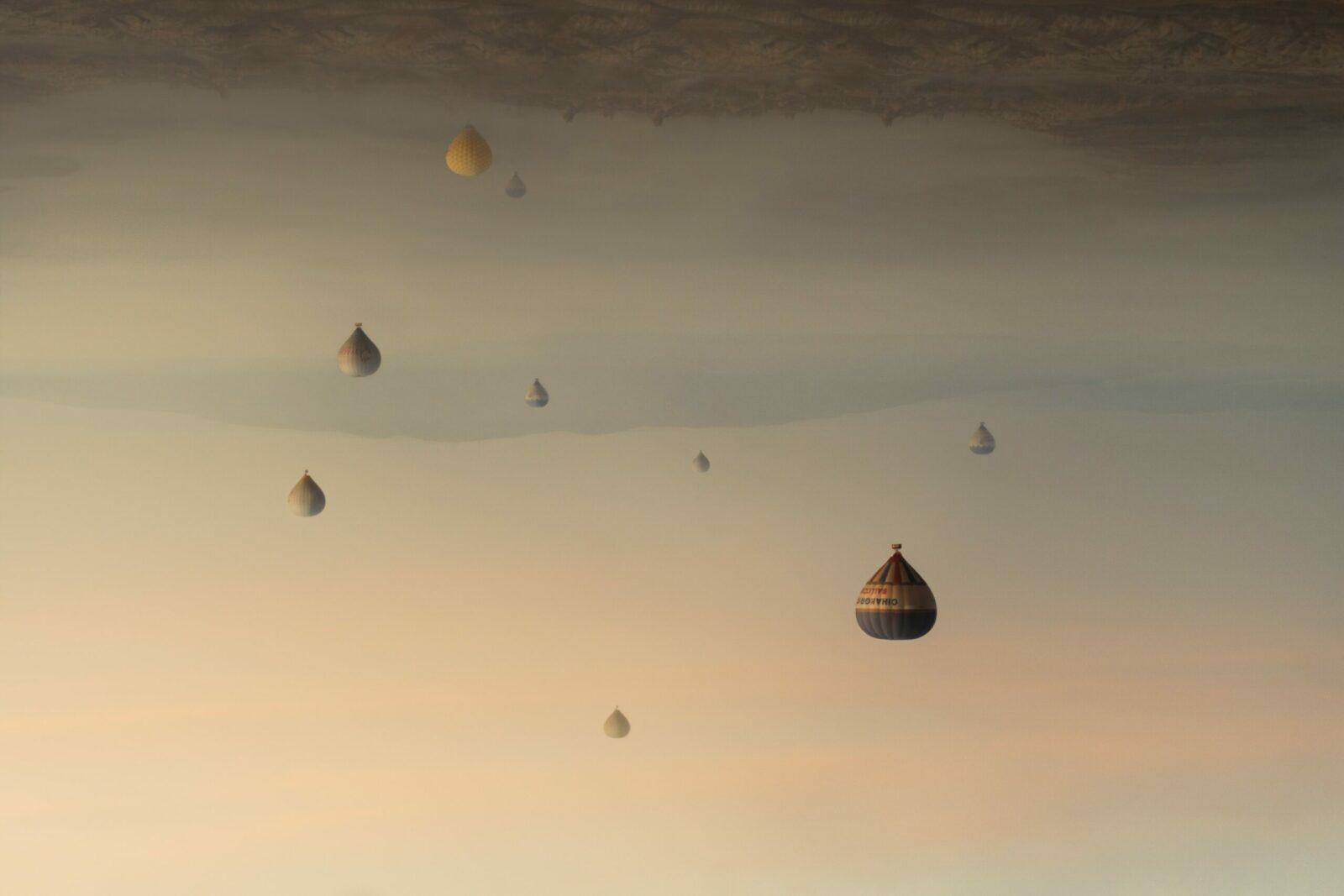
Led by
-
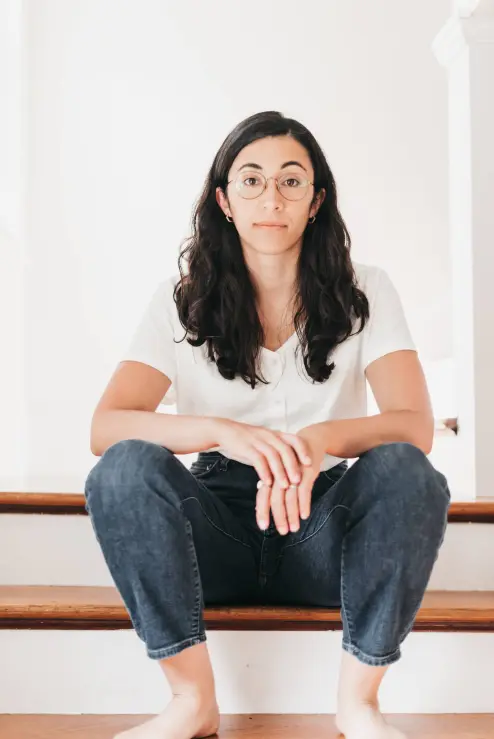
Rebekah Bergman
Rebekah Bergman
Rebekah Bergman’s debut novel, The Museum of Human History, is forthcoming from Tin House (August 2023). She received a BA in Literary Arts from Brown University and an MFA in Fiction from The New School. Rebekah’s short stories have been published in Tin House Online, Joyland, DIAGRAM, Wigleaf, Necessary Fiction, and other journals. She is a contributing editor of NOON.
Rebekah was a Tennessee Williams Scholar at the Sewanee Writers’ Conference and a winner of The Masters Review Anthology Prize, judged by Rebecca Makkai. She has earned fellowships, grants, and residencies from Art Farm, Brown University, and Tent Creative Writing and was selected for Wigleaf’s Top 50 (2019) and nominated for a 2020 Pushcart Prize and Best of the Net. Read more at rebekahbergman.com.
By Rebekah Bergman
-
.
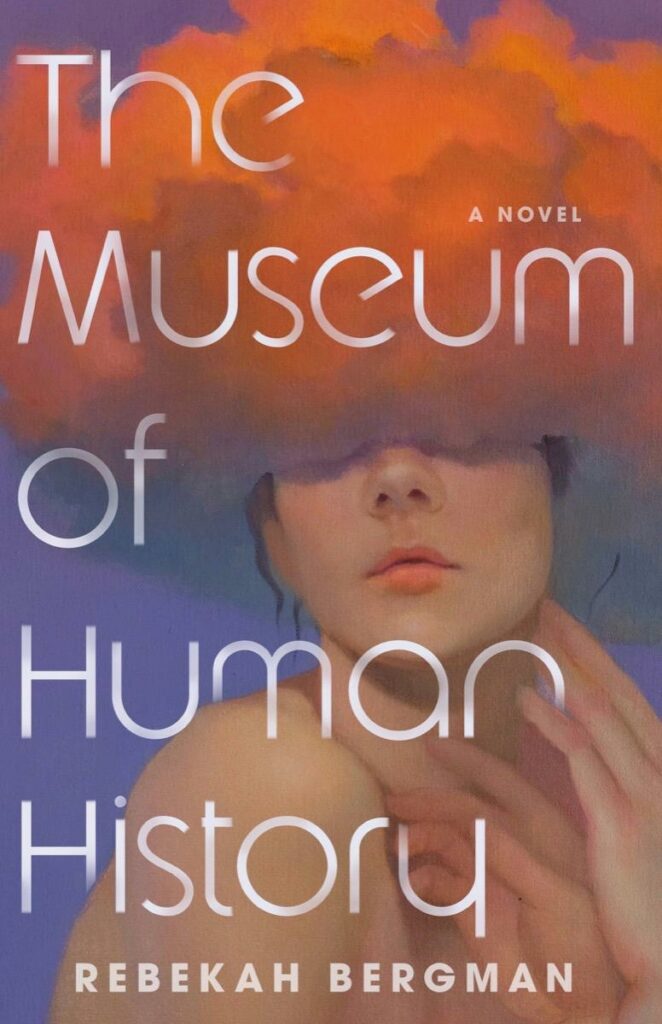
The Museum of Human History
By Rebekah Bergman
Published by W. W. Norton
After nearly drowning, eight-year-old Maeve Wilhelm falls into a strange comatose state. As years pass, it becomes clear that Maeve is not physically aging. A wide cast of characters finds themselves pulled toward Maeve, each believing that her mysterious “sleep” holds the answers to their life’s most pressing questions: Kevin Marks, a museum owner obsessed with preservation; Monique Gray, a refugee and performance artist; Lionel Wilhelm, an entomologist who dreamed of being an astrophysicist; and Evangeline Wilhelm, Maeve’s identical twin. As Maeve remains asleep, the characters grapple with a mysterious new technology and medical advances that promise to ease anxiety and end pain, but instead cause devastating side effects.
Weaving together speculative elements and classic fables, and exploring urgent issues from the opioid epidemic to the hazards of biotech to the obsession with self-improvement and remaining forever young, Rebekah Bergman’s The Museum of Human History is a brilliant and fascinating novel about how time shapes us, asking what—if anything—we would be without it.
About this series
Writing Workshops
We strive to make our classes the most inviting and rewarding available, offering an intimate environment to study with award-winning, world-class writers. Each class is specially designed by the instructor, so whether you’re a fledgling writer or an MFA graduate polishing your novel, you’ll find a perfect fit here.
